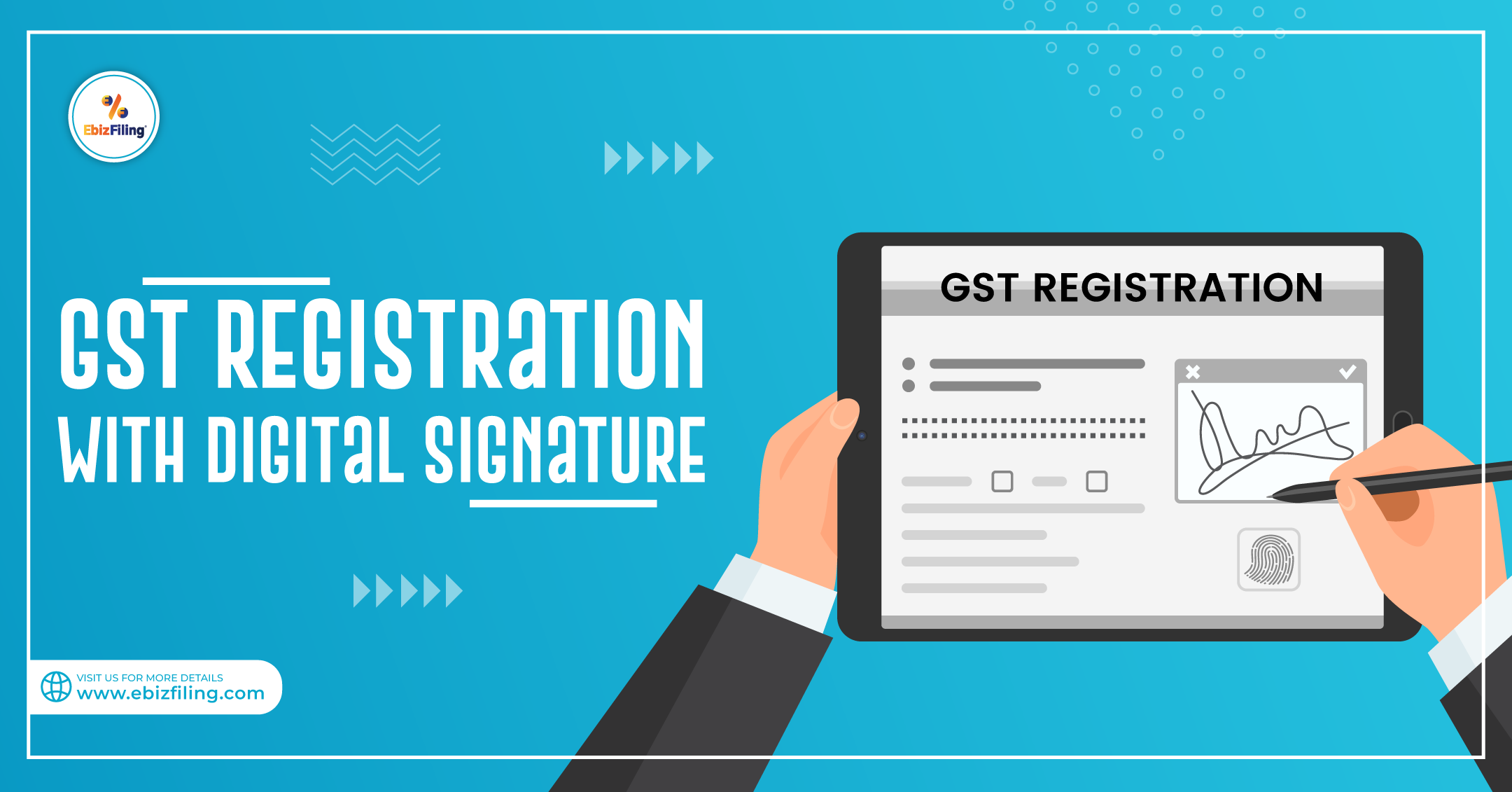Maximize Your Cost Savings with the very best GST Registration Services in Singapore
Maximize Your Cost Savings with the very best GST Registration Services in Singapore
Blog Article
From Beginning To End: The Ultimate Roadmap to GST Enrollment for Organizations Seeking Financial Stability
Navigating the complexities of Item and Solutions Tax Obligation (GST) enrollment is an essential step for businesses striving for financial stability. From understanding the essential principles of GST to abiding by post-registration standards, the procedure can appear intimidating in the beginning look. Nonetheless, breaking down the roadmap right into manageable actions can streamline the enrollment journey for companies looking to improve their economic standing. Let's discover the important parts that make up this utmost roadmap and discover just how each phase adds to laying a strong foundation for economic success.
Comprehending GST Basics
Digging into the fundamental concepts of Product and Services Tax (GST) is crucial for obtaining an extensive understanding of its implications on services and the economy. GST is a value-added tax levied on many items and solutions for residential consumption. It has actually replaced multiple indirect taxes that existed in the pre-GST era, streamlining the tax obligation framework and improving convenience of doing business in India. Under the GST system, both products and services are taxed at a specific price, which is established based on their category. Businesses are required to sign up for GST if their yearly turnover surpasses the threshold limitation established by the federal government. Input Tax Obligation Credit Report (ITC) is a significant function of GST, enabling businesses to assert debt for tax obligations paid on inputs, minimizing the overall tax obligation concern. Comprehending the essentials of GST is important for businesses to adhere to tax regulations, handle their funds effectively, and add to the country's financial development by joining a clear tax obligation system.
Qualification Criteria for Registration
To register for GST, companies need to fulfill details qualification standards established by the federal government. The key qualification demand is that any type of company included in the supply of products or services with an annual accumulation turnover above the threshold limit set by the authorities must register for GST. As of the present policies, the threshold limit for GST enrollment is a yearly accumulation turnover of 40 lakhs for services operating within a state, with the exception of unique classification states where the limitation is 20 lakhs. Furthermore, certain companies are needed to register for GST regardless of their turnover, such as interstate vendors, laid-back taxable individuals, and organizations reliant pay tax obligation under the reverse fee system. It is essential for companies to thoroughly analyze their turnover and purchase types to determine their GST enrollment obligations properly. Failure to sign up for GST when eligible can cause fines and lawful consequences, making it vital for companies to stick to the defined qualification criteria.
Documents Needed for Enrollment
Having met the qualification standards for GST enrollment, organizations have to currently guarantee they have the requisite documents in area to proceed with the enrollment process effectively. The files needed for GST registration usually include evidence of service constitution, such as collaboration act, registration certificate, or unification certification for different kinds of services. Additionally, organizations need to give papers establishing the major area of business, such as a rental contract or power bill.
Step-by-Step Enrollment Process
Beginning the GST registration procedure includes a series of structured steps to guarantee a smooth and compliant enrollment for services. The very first step is to visit the GST site and complete the enrollment form with precise details of business entity. Following this, the applicant receives a Temporary Referral Number (TRN) which is used to resume the application procedure if it's not completed in one go.
Next, all called for documents as per the checklist supplied by the GST portal demand to be uploaded. These papers typically include evidence of service registration, identity and address proofs of marketers, economic statements, and organization entity's PAN card.

Post-Registration Compliance Guidelines

Verdict
Finally, businesses looking for financial security has to recognize the fundamentals of GST, satisfy qualification requirements, collect necessary documents, follow the detailed registration process, and follow post-registration standards - Best GST registration services in Singapore. By sticking to these actions, organizations can make sure compliance with tax regulations and keep monetary stability in the future
In addition, certain businesses are needed to sign up for GST regardless of their turnover, such as interstate distributors, informal taxable individuals, and services responsible to pay tax under the reverse cost device.Having met the qualification criteria for GST registration, services need to now ensure they have the requisite read here files in place to continue my explanation with the registration procedure efficiently. The documents required for GST registration generally consist of proof of service constitution, such as collaboration deed, registration certification, or unification certification for various kinds of services. In addition, companies require to supply records developing the principal place of business, such as a rental arrangement or electrical power bill.Starting the GST registration process includes a collection of organized steps to make certain a seamless and certified enrollment for businesses.
Report this page